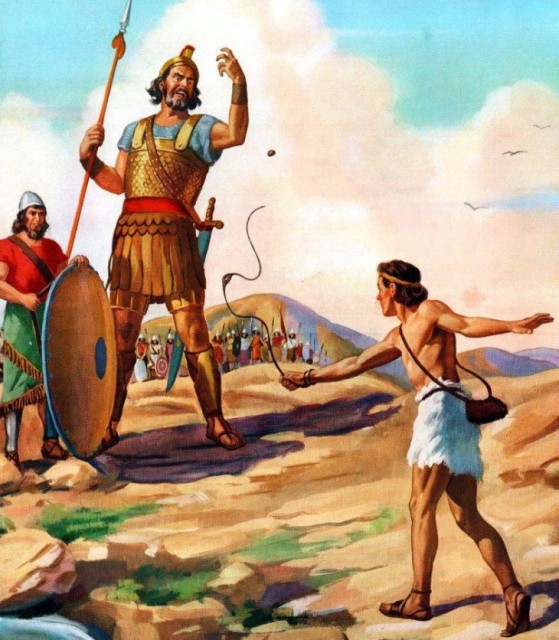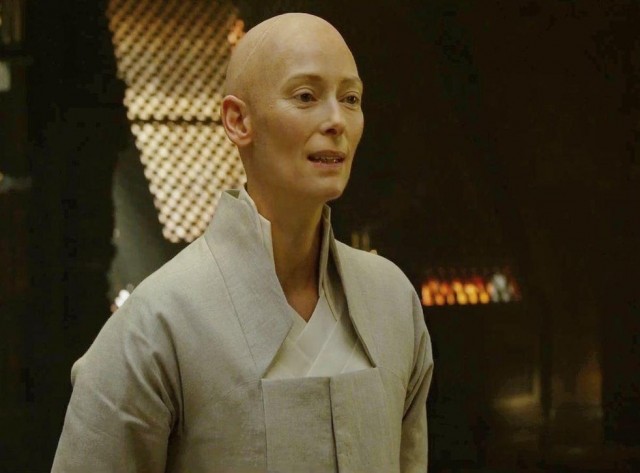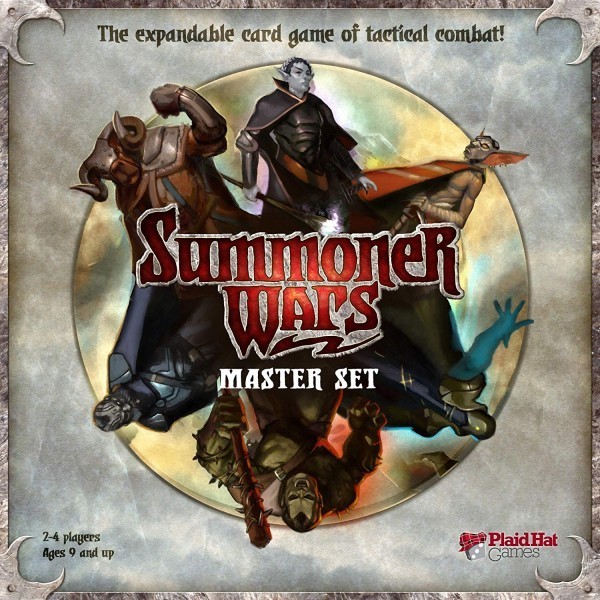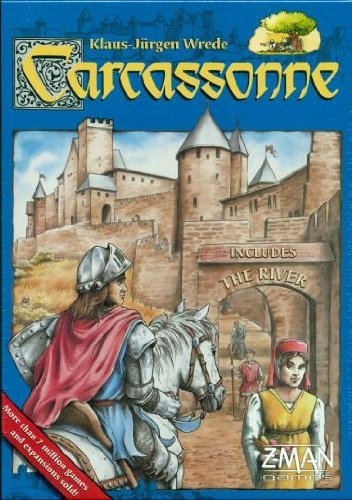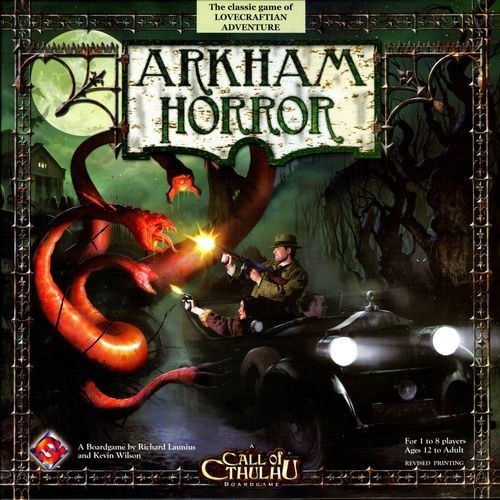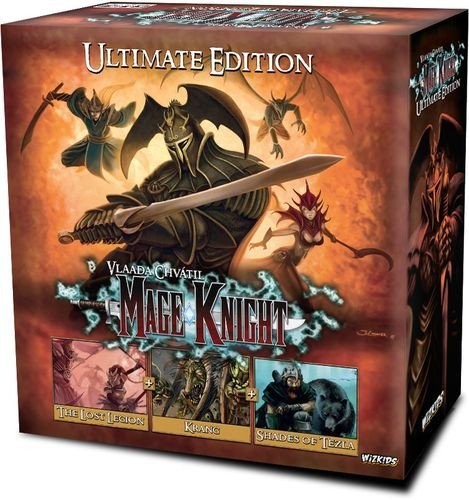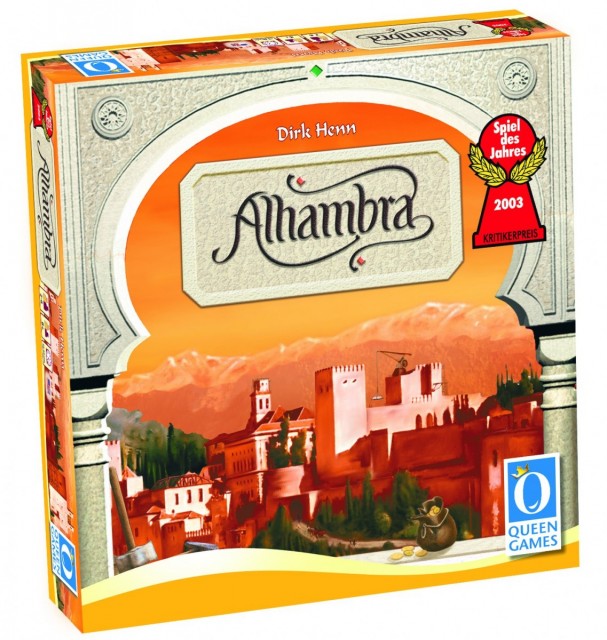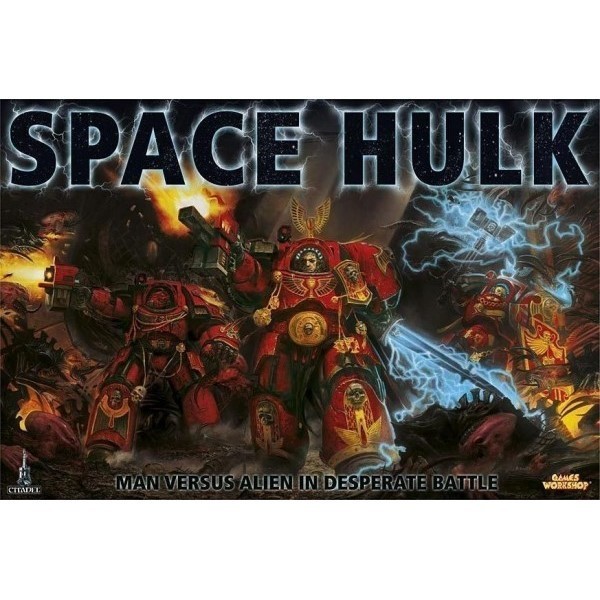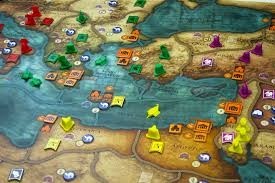Oftentimes defeat is splendid, victory may still be shame;
Luck is good, the prize is pleasant, but the glory’s in the game.
I have a shocking confession to make. I used to be a fun murderer. In my defence this is going back to when I was about twelve and used to play Warhammer with cardboard counters, proxy figures and a highly dubious understanding of the rules, but still, the tendency was there. Saturday afternoon skirmishes would often turn into bitter debates about the precise application of trivial rules (which was ironic since we weren't playing them properly anyway) and more often that not the instigator would be me. It's taken me twenty years to overcome my inherent desire to brutally strangle joy wherever I find it but in the end I made the journey with high degree of success - I hope and pray (or I would if I were at all religious) that Yehuda Berlinger gets to read this article so that he and others can gain inspiration from it and begin the long, long road to recovery.
The core principle that one needs to learn in order to overcome this dread malady is the realisation that winning is irrelevant. Armed with this principle one can bypass anything that's thrown in your path - why be a rules lawyer unless you're trying to interpret the rules of the game to your own ends? Why throw tantrums when someone back-stabs you or wipes you off the map unless you were really interested in winning? Why enforce your own opinions on optimal play with other players unless you want to gain maximum self-satisfaction from winning a game you know to have been played by competent players? Why waste hours of good eating/drinking/family/sleeping time going over perfect play conditions unless you want to apply them to get an edge next time? I could go on, but you get the picture. Almost everything that's bad about the fun murderer mentality (I'll allow there's one good thing - a commitment to learning and improvement although you really ought to be applying that to work or school and not to games) stems from an obsessive desire to be the victor. Beat that and you've beaten the entertainment slaughtering beast within.
The million-pound question though is how do you do this. After all, no-one who is willing to go to the lengths of shouting at children to pull off a win is going to be easily divorced from the desire to succeed at playing games. My personal road to salvation came from embracing the Cult of Heroic Failure.
There was a fine tome on my parents' bookshelves called The Book of Heroic Failuires which celebrated inadequacy in all its forms, from the Alcoholics Anonymous meeting at which several thousand pounds were spent at the hotel bar to the seminal tale of the man from Porlock. It was hysterically funny - or at least it was in the late eighties when I was a teenager. The point of this little jaunt down memory lane is that the book made a small contribution to my awareness that loosing can be lots of fun and thus I took my first step on the road to recovery.
Translating this concept into gaming is very easy. Everyone - even Eurogamers - has good stories to tell about gaming. Recall some for a moment, and ponder on them. Almost all of the stories that are actually about gaming (as opposed to being about the people playing the game or the alcohol or other drugs you consumed while gaming) involve a spectacular and impressive move - often a game winning one - that one of the players managed to pull off, either by skill or luck or a combination of both. Now since gaming is, on the whole, a competitive activity, it stands to reason that for every spectacular and impressive step toward victory that someone made in a game there must also be someone who took a spectacular and impressive step backwards at the same time. Listening to the winner and the looser over dinner one night, presuming both a roughly equally skilled as orators, who do you think would tell the funnier and more memorable story? I'll bet on the poor old victim every time.
You can push this paradigm even further and say that spectacular gaming failure in all its forms is the stuff that legends are actually made of and not success. I can recall moments in games where people had the most astonishing runs of bad luck, or ended up being everyones whipping boy for a while to the general entertainment of all but which hard very little effect on the course of the game as a whole. At this point you can start to work on getting the whole thing out of your system - because what's the point on speculating on what you might have done better when you realise that the whole point of the game is the amusement value that might hinge on what is game-wise a completely insignificant moment during the play. One my my most cherished gaming memory is, funnily enough, from a game of Warhammer where my Dwarf army had already been abysmally and quickly beaten but my last remaining unit of handgunners stood and held off allcomers for half an hour, pouring withering fire into the teeth of the enemy.
Now some of you may have spotted a potential flaw in this line of reasoning so far. If everyone at the table isn't really interested in winning then don't you have a situation where competition is dead? As someone who is so obsessed with highly competitive gaming that I've managed to turn every single co-op game I've played into some sort of competitive experience I can absolutely attest that it doesn't. Playing hard with the aim of winning and actually caring if you win are two entirely different things. The trick is to realise what you're actually going to win if you do - bragging rights, personal smugness, the ability to tell a great story from the viewpoint of the victor, and in any gaming group worth its salt you've bagged the chance to nominate someone else to go the kitchen for another round of beers. In other words the goal of winning that you're aiming for is completely in keeping with the goals of playing the game to have fun.
There's another flaw for games like Chess and Go which are almost completely skill reliant and horribly unforgiving to new players and which require many months of studious play to become proficient at. The flaw is simply that you can't apply the cult of Heroic Failures to these games and yet they remain enduringly popular with lots of people who aren't fun murderers. I'm going to accept this flaw and call it not a flaw, but merely an exception, which applies to those games which have so much depth that they can properly considered as games which people play for intellectual excercise and not for "fun" in the usual sense of the word, although the people who specialise in these sorts of games are, I'm sure, amusing themselves in a sense that they find to be fun. That said I watched a bunch of Go players turn up to a boardgame club once and spend the whole time gathered in a corner in complete silence, hunched over their boards and interacting with the other players not at all. Which strikes me as a pretty odd definition of fun in most peoples' books. But I must emphasise that most of the games which belong to this exception are centuries old and as much lifestyles as they are game - and what's truly sad is when you see people trying to pretend that a whole load of modern games, many of which don't have a replay value that extends into double figures, deserve to be treated in the same way. If you labour (and you will be labouring, rather than enjoying yourself) under that misapprehension then you truly are a jocularity butcher fair and square.
And me? Well, I'm not entirely cured. I have a nickname amongst my gaming friends as "The Specialist" because of my tendency to read up on game strategies before playing. I got a rather disappointing score of 14 on the fun murder quiz, when all the F:AT staff obviously ought to be aiming for zero. Maybe its too much to hope for that the poor souls who are afflicted with bouts of fun slaying can ever completely leave that meanness in their souls behind. But I do have my own, bottom line test for good progress on the fun murderer ten-point progress scale, and I think I'd pass. I see my games as an extension of my socializing time, not an exception. Do you?
 Games
Games How to resolve AdBlock issue?
How to resolve AdBlock issue? 
